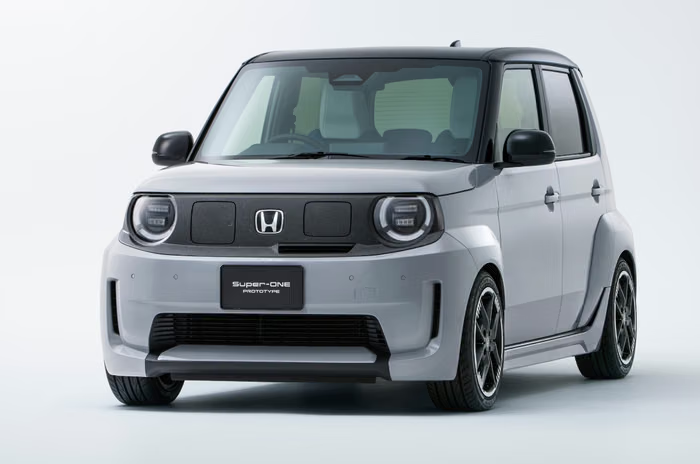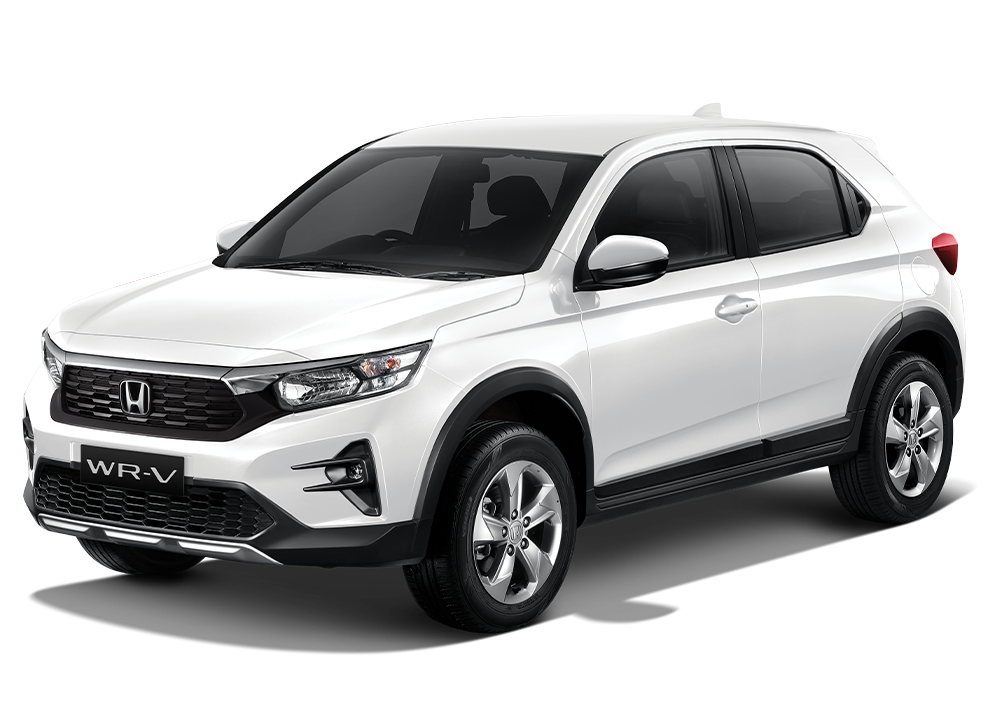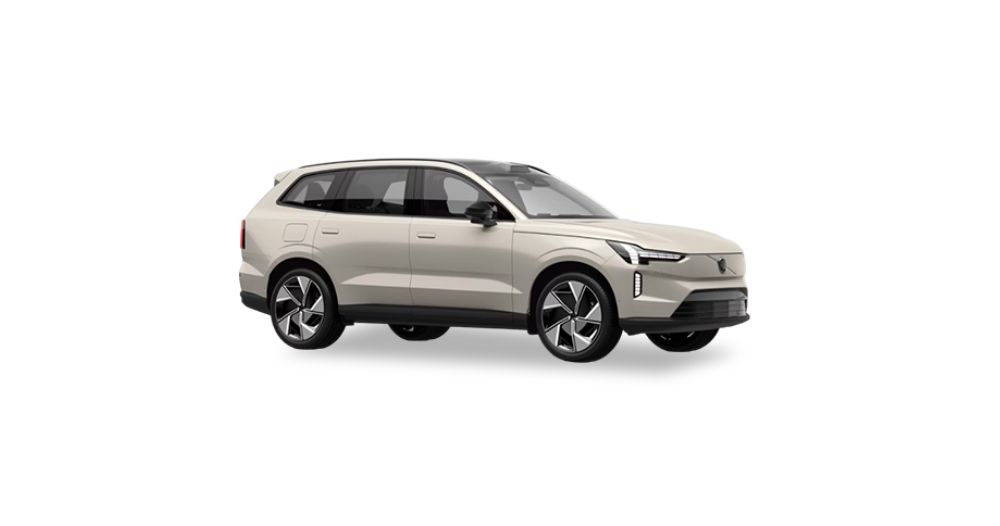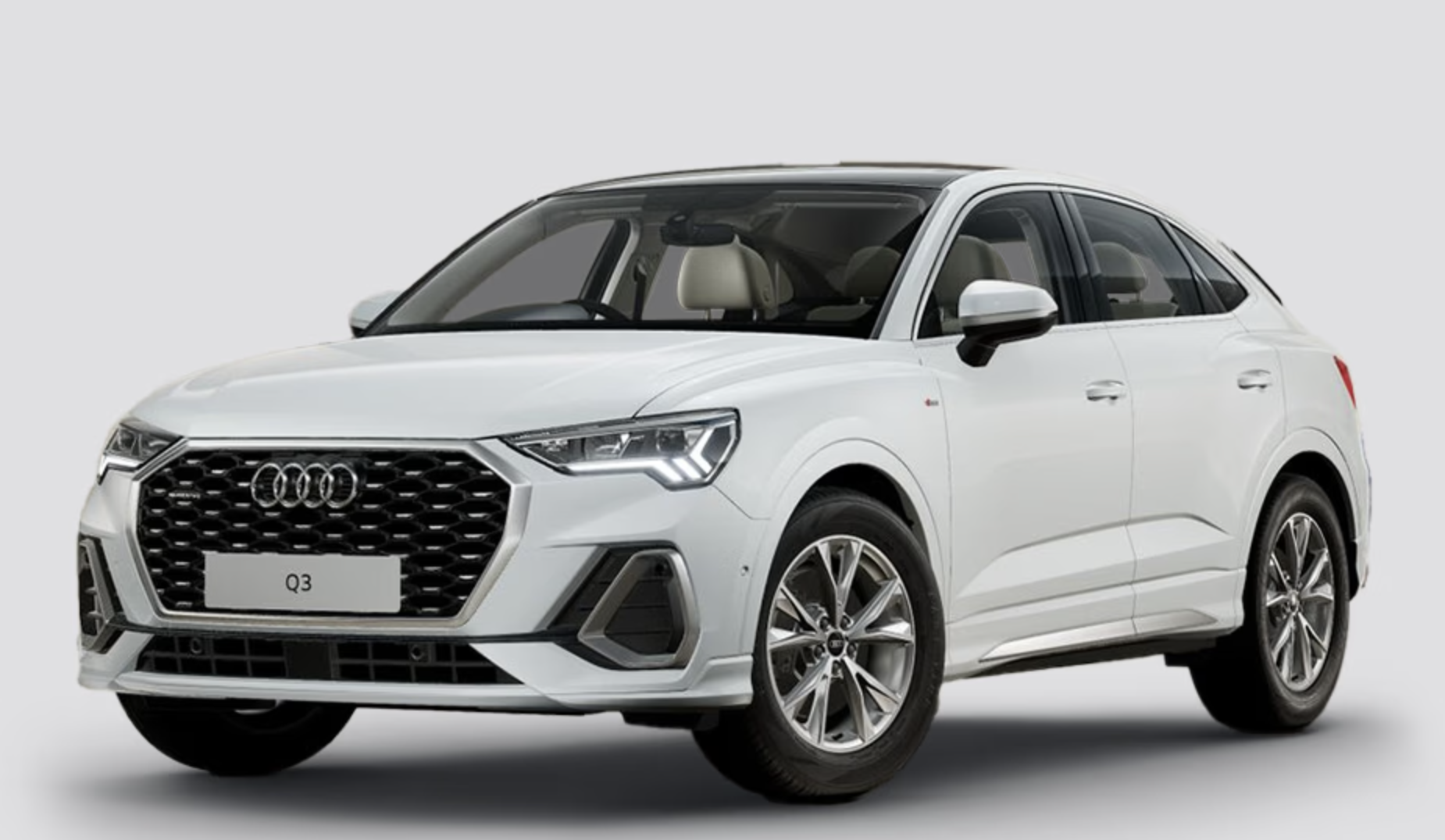Why People Are Shifting from Hybrid to Electric Cars: A Deep Dive Into the Future of Mobility
 (1).jpg)
DETAILS
Understanding the Basics: Hybrid vs. Electric Cars
Difference Between Hybrid and Electric Cars
| Feature | Hybrid Cars | Electric Cars |
| Power Source |
Combination of internal combustion engine and electric motor
|
Fully powered by an electric motor and battery
|
|
Fuel Type
|
Petrol or diesel + electricity |
100% electricity
|
|
Battery Charging
|
HEVs: Self-charging via regenerative braking
PHEVs: Can be plugged in for charging
|
Must be plugged into home or public charging stations
|
|
Driving Range (Electric Only)
|
PHEVs: Limited electric range (usually 30–60 km)
|
Longer electric range (typically 150–500+ km depending on model)
|
|
Emissions
|
Lower than conventional cars, but not zero
|
Zero tailpipe emissions
|
|
Engine Type
|
Combines combustion engine with electric motor
|
No combustion engine, only electric motor
|
|
Maintenance Needs
|
Moderate – includes engine, transmission, and electric components
|
Lower – fewer moving parts, no oil changes or engine maintenance
|
|
Ideal For
|
Drivers who want better fuel efficiency but aren’t ready for full electric
|
Eco-conscious drivers ready for full electric mobility
|
|
Cost
|
Generally less expensive than EVs
|
Higher upfront cost but savings on fuel and maintenance
|
The Shift: Why Are People Moving Away from Hybrids to Electric Cars?
- Hybrids still emit CO₂, albeit less than ICE vehicles.
- EVs produce zero tailpipe emissions, making them the cleaner choice.
- Up to ₹1.5 lakh subsidy for EVs
- Income tax rebates on loan interest
- Reduced road tax and registration fees
- Many European countries and the U.S. offer tax credits, EV-only zones, and even free parking or toll exemptions.
- Features like ADAS (Advanced Driver Assistance Systems), voice-activated AI, over-the-air software updates, and digital dashboards are standard in EVs.
- Battery ranges have drastically improved—from 100 km a few years ago to 400–700+ km today.
- Regenerative braking, instant torque, and seamless drive modes make EVs exciting and practical.
- India now has over 10,000 public EV charging stations, with more being added each month.
- Fast-charging networks like Tata Power, Ather Grid, Statiq, and Jio-bp Pulse are covering major highways and urban areas.
- Home charging kits are also becoming more efficient and affordable.
|
Cost Factor
|
Hybrid Vehicle
|
Electric Vehicle
|
|
Fuel Cost
|
Moderate (still uses fuel)
|
Very low (₹1–2/km with electricity)
|
|
Maintenance
|
Medium (engine + motor)
|
Low (fewer moving parts)
|
|
Servicing
|
Regular oil, filters needed
|
Minimal servicing required
|
|
Battery Warranty
|
~5-7 years
|
~8-10 years
|
Statistics: What Are People Choosing in 2025?
- 2022 EV share: 14%
- 2023 EV share: 18%
- 2025 projected EV share: Over 25%
- Hybrid car market share remains below 3%.
- Two-wheelers and compact EVs are leading the growth.
Best Electric Cars You Can Buy in 2025
- Tata Nexon EV Long Range – 465 km range, under ₹19 lakh.
- Hyundai Ioniq 5 – Award-winning design, up to 631 km range.
- MG ZS EV – SUV comfort with 460 km range.
- Mahindra XUV400 EV – Affordable electric SUV option.
- BYD Atto 3 – Global EV with strong design and battery performance.
- Tesla Model 3 & Model Y
- Volkswagen ID.4
- Nissan Leaf
- BMW iX & i4
- Kia EV6
The Future of EV Cars: What Lies Ahead?
- Battery tech innovations like solid-state batteries will offer longer range, faster charging, and lighter cars.
- Companies like Tesla, Tata, Mahindra, and Hyundai are investing billions in EV R&D.
- Zero-emission mandates in Europe, U.S., and Japan are pushing automakers to stop ICE and hybrid production by 2035.
- The EV resale market and battery recycling sector are also maturing.
Is It Good That People Are Moving from Hybrid to Electric Vehicles?
So, Now Book your Next Dream Car By 99Caars
Latest News
Latest cars

Rs.20 Lakh - 21 Lakh

Rs.9 Lakh - 10 Lakh
.jpg)
Rs.10.79 Lakh - 19.81 Lakh
.jpg)
Rs.19.95 Lakh - 29.95 Lakh
.jpg)
Rs.11.49 Lakh - 20.49 Lakh
Upcoming cars
.jpg)
Rs.23 Lakh - 26 Lakh

Rs.40 Lakh - 50.13 Lakh

Rs.9 Lakh - 10 Lakh

Rs.25 Lakh - 30 Lakh

Rs.1.00 Cr - 1.30 Cr
More Related News
.jpg)
Indias Top Selling Cars for 2025
The Indian automobile market continued its strong momentum in November 2025, reflecting steady consumer confidence and consistent demand across key vehicle segments. Despite rising competition and evolving buyer expectations, car buyers showed a clear preference for models that deliver a balanced mix of value for money, reliability, safety, fuel efficiency, and low ownership costs. From affordable hatchbacks to feature-rich mid-size SUVs, the sales figures reveal how Indian consumers are increasingly choosing vehicles that suit both urban and semi-urban needs. According to the latest sales data, Tata Motors and Maruti Suzuki once again dominated the charts, while Hyundai and Mahindra maintained a solid presence with their popular offerings. Here’s a closer and more detailed look at the top selling cars in India in November 2025 and the factors driving their success.
Read More (1).jpg)
Tata Sierra: What Makes It a Game Changer for Tata Motors
The Tata Sierra is not just another SUV from Tata Motors. It represents the return of an iconic name that once changed how Indians looked at lifestyle vehicles. Now reintroduced for a new generation, the new Tata Sierra SUV reflects Tata Motors’ evolving vision in terms of design, technology, safety, and future mobility. With customer expectations rising, the electric vehicle (EV) market in India growing rapidly, and intense competition in the mid-size SUV segment, the Tata Sierra is being positioned as a key product that could reshape Tata Motors’ presence in the market.
Read More
How the Audi Q3 Price in India Wins Over Luxury Car Buyers
The Audi Q3 has earned a solid reputation in India as one of the most stylish, reliable, and practical compact luxury SUVs. It blends premium looks, powerful performance, and modern technology into a size that suits today’s fast-paced urban lifestyle. Whether you're stepping into the luxury segment for the first time or looking for a premium family SUV, the Audi Q3 delivers an experience that feels truly special. In this guide, we’ll explore everything you need to know—including its design, performance, interior features, safety tech, and most importantly, the audi q3 price, the Audi Q3 price in India, the Audi Q3 on road price, and the audi q3 price in delhi.
Read More.jpg)
Renault Price in India and On Road Cost Breakdown
When you think of Renault in India, it's often associated with affordability, smart design, and efficient city-friendly cars. Over the years, Renault has carved out a niche by offering practical models like the Kwid, Kiger, and Triber that appeal to a broad spectrum of buyers — from first-time car owners to small families. In India, car buyers typically weigh three big factors before deciding: the price, mileage (fuel efficiency), and safety. These are not just checkboxes — they directly impact the cost of ownership and peace of mind on the road.
Read More
Considering a Mahindra SUV? Here Are the Top 10 Models Available in India
If you’ve been exploring SUVs in India, chances are the name Mahindra has come up more than once — and for good reason. As one of India’s most trusted automotive brands, Mahindra & Mahindra has built its reputation on rugged, reliable, and performance-driven SUVs that perfectly match Indian road conditions.
Read More.jpg)
Top 10 Most Fuel-Efficient Cars in India You Should Consider
Fuel. Prices. Traffic. Every Indian driver knows this triple threat all too well. Fuel economy isn’t just a number on a brochure anymore. It’s what decides monthly budgets, road-trip plans and even which model ends up in our parking spot. That is why the hunt for the most fuel efficient cars in India is hotter than ever. Buyers today want the perfect balance: comfort, performance, and best mileage without sacrificing features. Whether someone prefers fuel efficient petrol cars, trusts diesel for long-distance power, or is curious about hybrids slowly taking over the streets, 2025 has a mix for everyone. With a rise in fuel prices, packed city roads and long commutes, best cars for mileage have become the top priority for most families and young professionals. So if maximum kilometres per litre is your goal, this list of the top 10 mileage cars in India will help you choose smartly. Whether you drive daily to work or escape on long weekend trips, these are the cars currently giving the best mileage in India.
Read MoreSubscribe Now
Want to Know more about Upcoming and New Cars… Ask Us!










